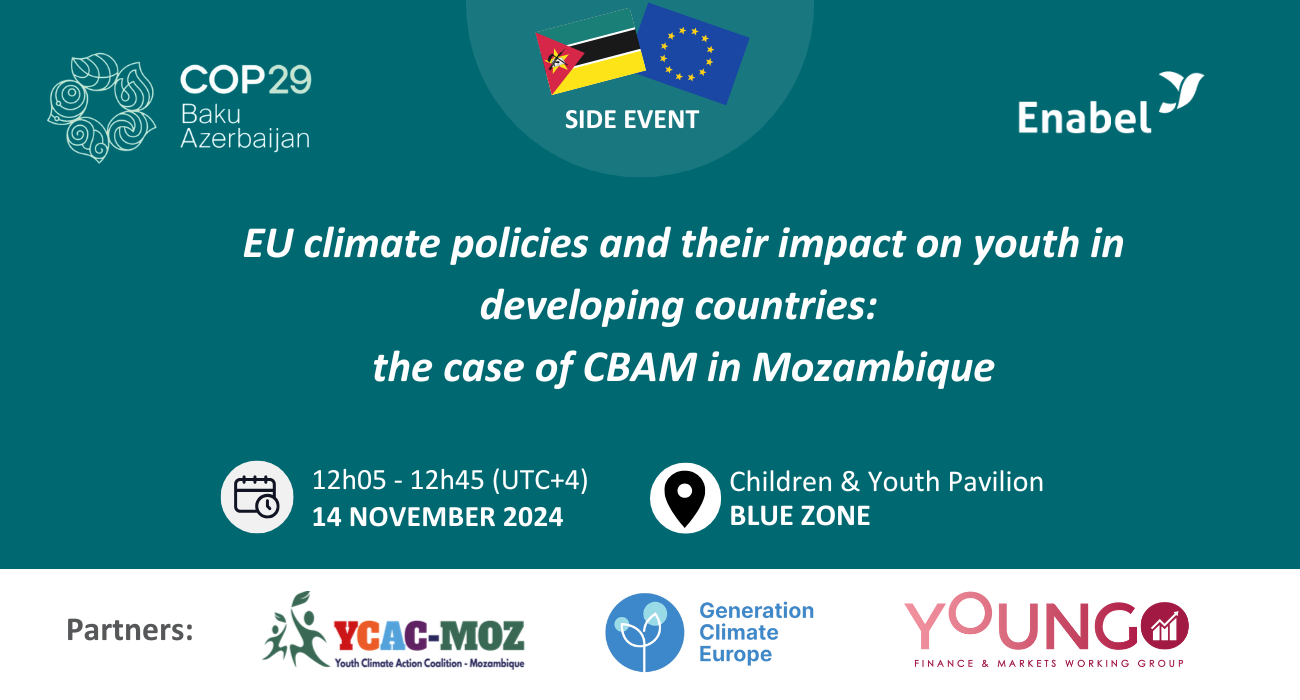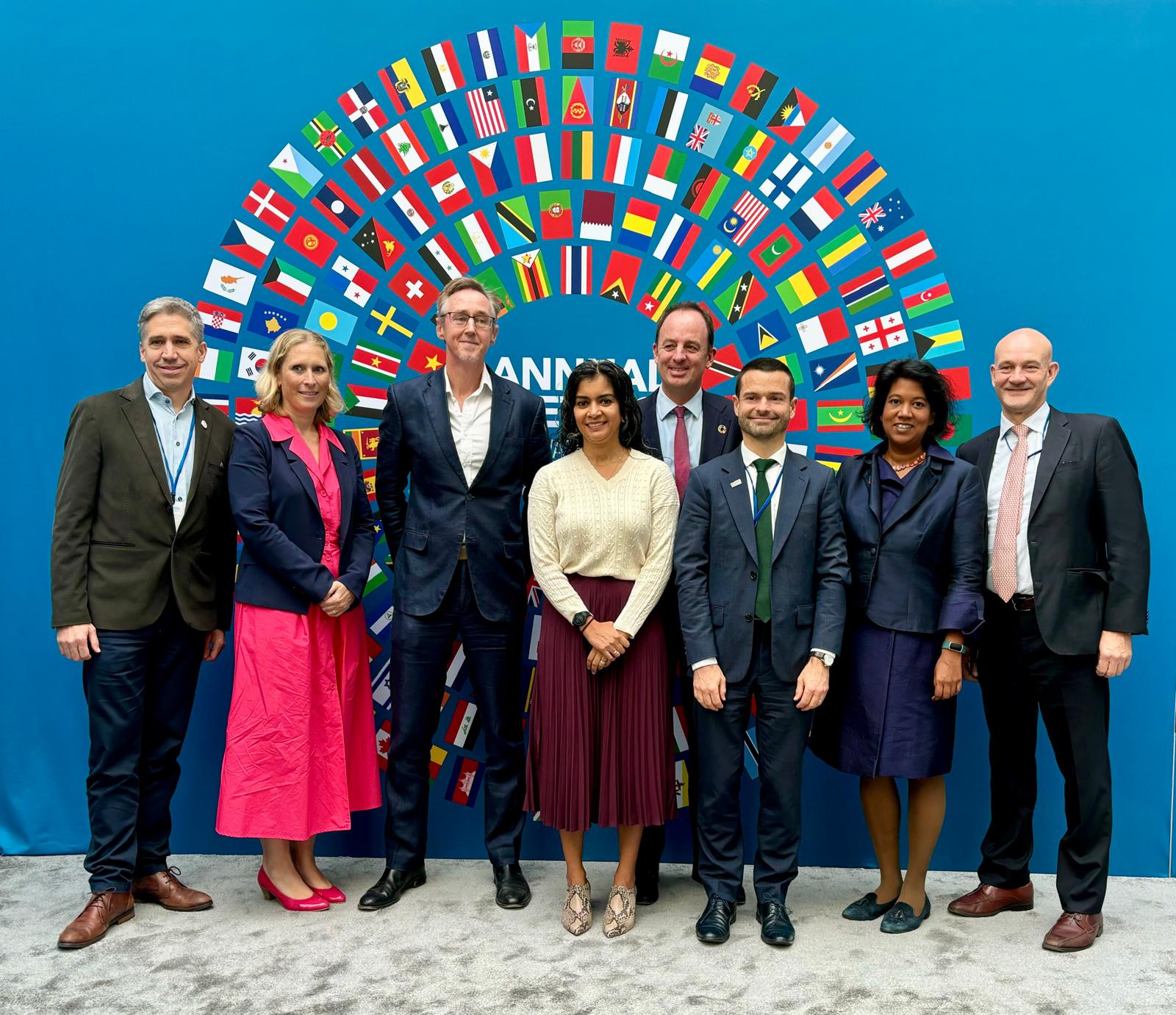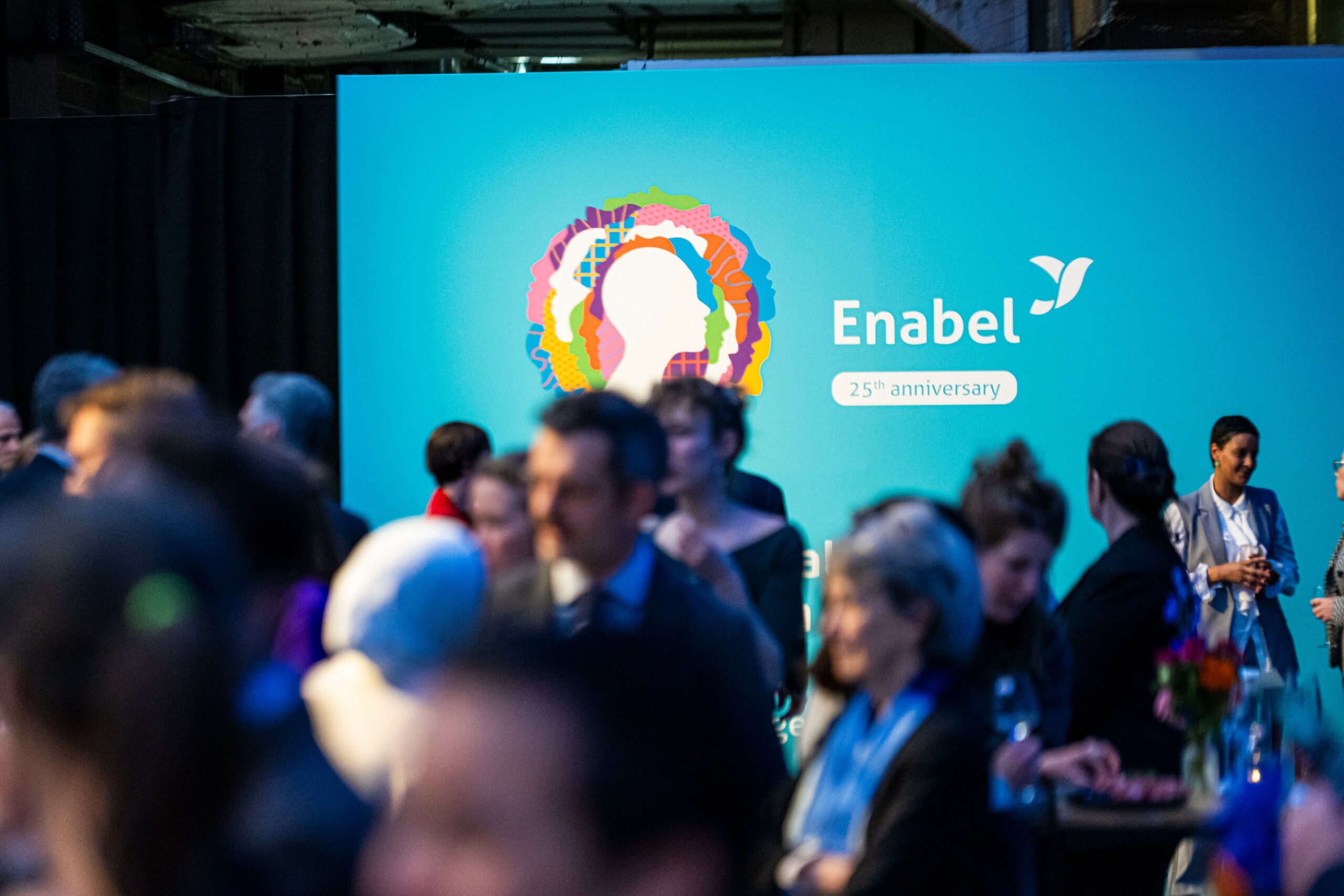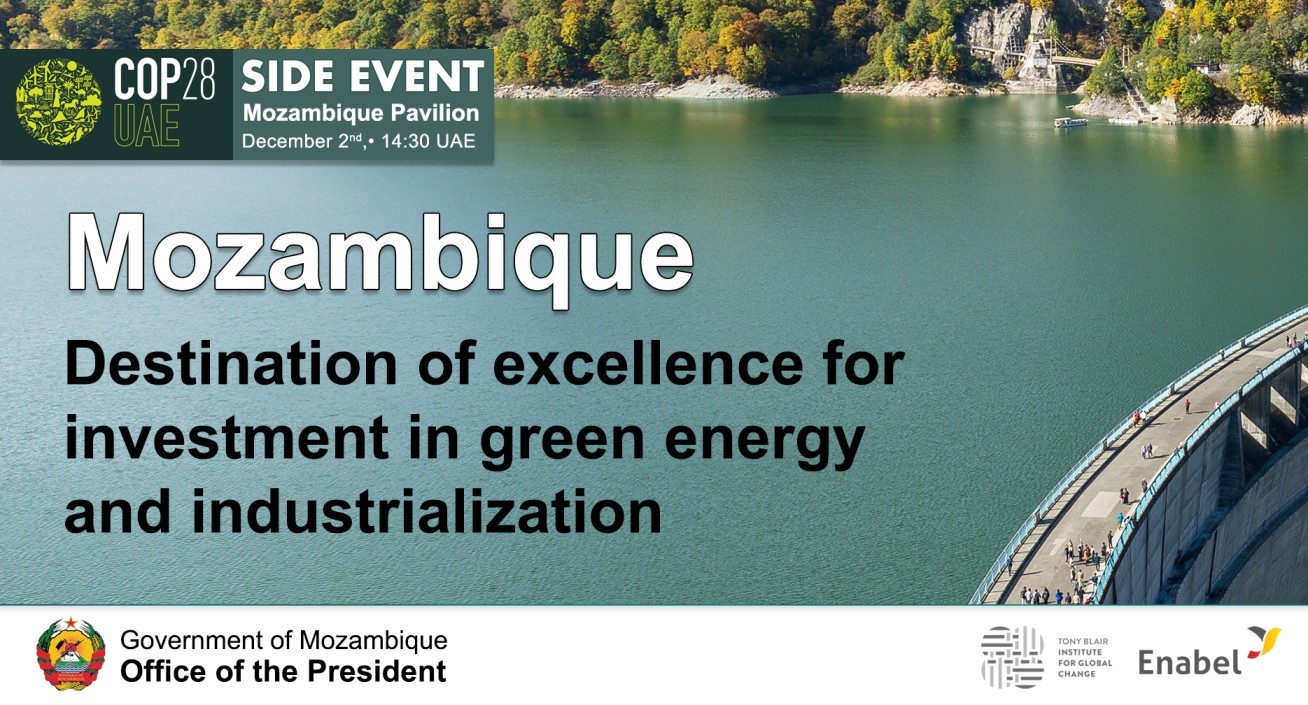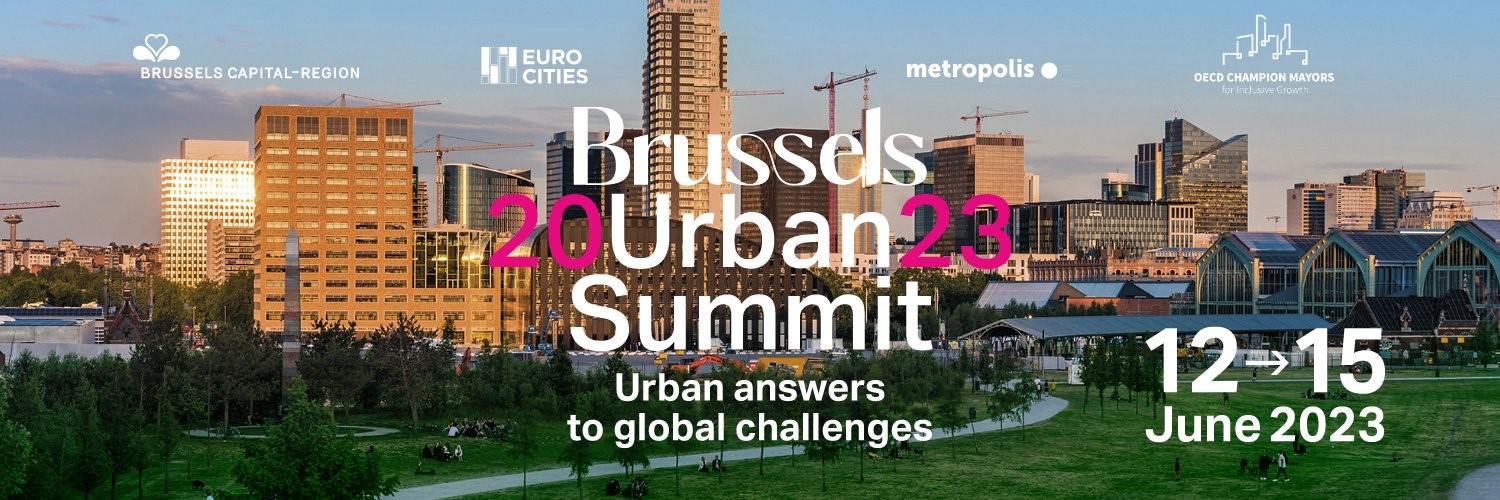Moving Mozambique’s just energy transition
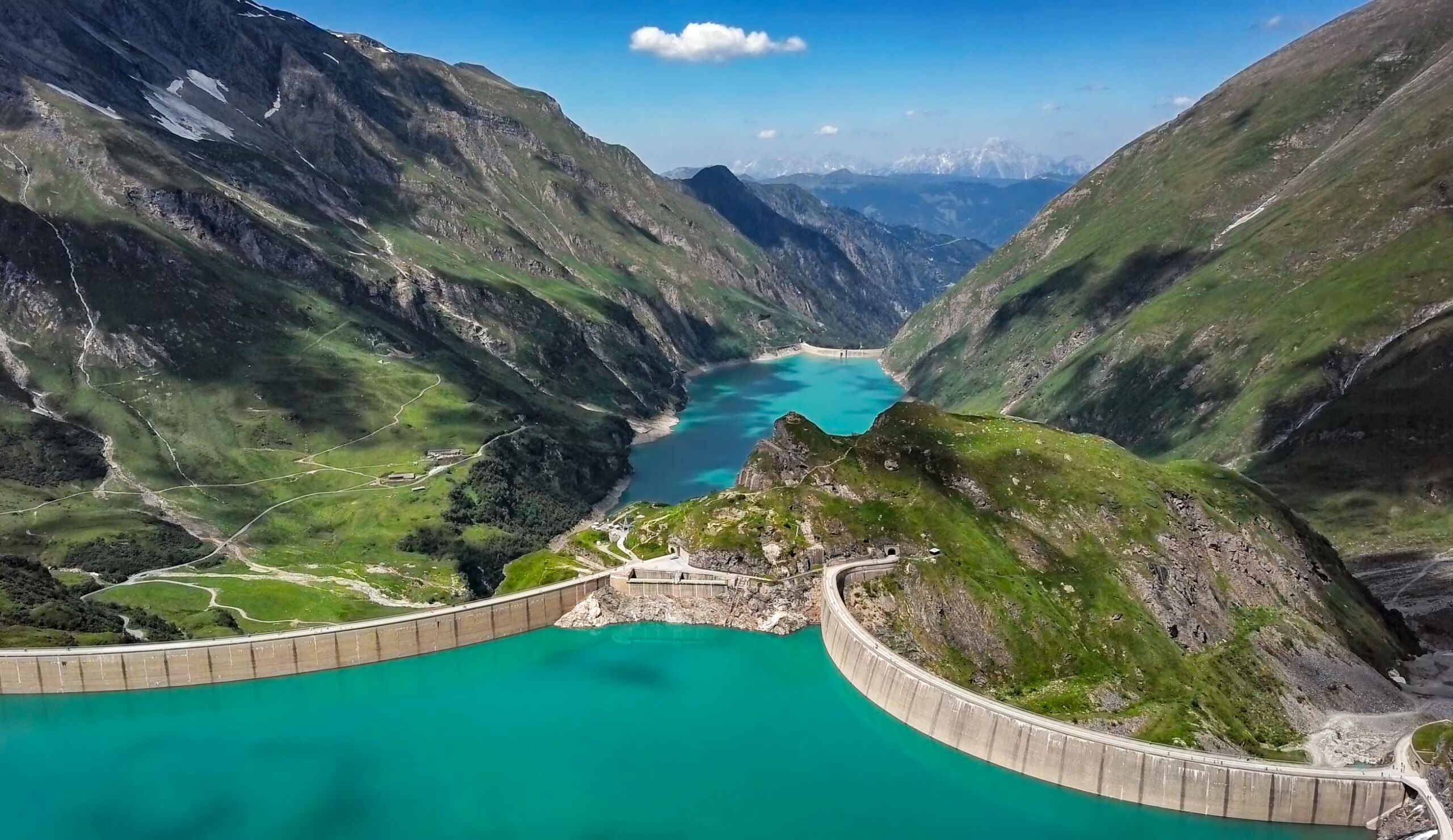
Maputo, 3 November 2022
Authors: Adriaan Tas, Simon De Clercq, Samuel Buvane
(The authors work as climate finance advisors for the Enabel, the Belgian development agency, seconded to the Ministry of Economy and Finance of Mozambique. They wrote this article in a personal capacity. The information in it does not necessarily reflect the position of Enabel or the Government of Mozambique).
On November 6th 2022, the 27th global conference on climate change will kick off in Sharm Al-Sheikh, Egypt. An estimated 30,000 world leaders and delegates, including 90 heads of state, will spend the coming two weeks discussing and updating each other on how global temperatures can be kept well below 2˚C, and as close to 1.5˚C as possible. One of the key discussion points will be the work programme to urgently scale up mitigation ambition and implementation in this critical decade with the aim to as soon as possible close the emission gaps to keep the 1.5˚C in reach.
In today’s world, G20 countries are responsible for 80% of annual greenhouse gas emissions. Global discussions around climate mitigation and decarbonizing energy systems have therefore primarily focused on those high emitting countries, and understandably so. The USD 8.5 billion deal that South Africa struck with the US, the UK and a number of large European countries at the COP26 in Glasgow last year has been widely advertised and was more recently followed by a 1 billion USD announcement by the Climate Investment Funds to support energy transition investments in both South Africa and China.
A lot less attention has been going to the 81 low emitting and energy poor countries, which, according to a report from the Green Energy Alliance for People and Planet, a joint initiative from the Rockefeller Foundation and the Bezos Foundation, have contributed only 8% to global greenhouse gas emission since the industrial revolution. The same report, however, highlights that if those countries are left behind in the energy transition, their annual contribution to global emissions could grow from 25% in 2020 to more than 75% by 2050. Without a new global approach to supporting energy transition in these countries, this trajectory will make it impossible to avert the worst of climate change.
Mozambique exemplifies the case of a typical low emitting, energy-poor country. Historically, Mozambique has contributed less than 0.01% of global emission since 1750, and in 2022 less than half of the population had access to modern electricity services. Electricity consumption remains very low and it is estimated that the overall population of the country consumes less power each year than is consumed by UK households to operate washing machines. Climate mitigation and energy transition are therefore topics that have received little attention. When unattended, however, it is estimated that the country’s energy sector emissions could increase fivefold from 17 MtCO2e/year in 2020 to almost 85 MtCO2e by 2050. And there are more reasons why ignoring countries like Mozambique in the energy transition debates at COP27 might be ill-advised.
Coal already constitutes the country’s second largest export product representing 18% of export earnings and new investments are being announced for the expansion of the Maputo’s coal terminal to deal with the worldwide increase in the demand for South African coal, part of which is using Maputo port as a conduit. When combusted, Mozambique’s coal reserves would equal 650 years of the country’s current annual greenhouse gas emissions.
Mozambique is the only Least Developed Country (LDC) in the world that will be significantly exposed to the EU’s planned Carbon Border Adjustment Mechanism (CBAM), mainly due to its large aluminium export to the EU. Aluminium is the country’s largest export good, making up 25% of export earnings, worth 1.4 billion USD (2020). Based on current EU carbon prices, under the proposed CBAM, Mozambique’s aluminium exports could result in an annual taxation of between EUR 50 – 350 million per year, depending on the approach used for estimating the carbon intensity. Studies have indicated that this could a 60% reduction in the country’s aluminium exports and a 2.5% decrease in the country’s GDP.
On the other hand, Mozambique also has unrivalled natural energy resources that could significantly contribute to a green energy transition, not only domestically but also in the Southern African region. In particular, Mozambique’s unique hydropower resources could provide firm and flexible power to the region, which cannot only catalyse greater investment in other variable renewables such as solar and wind, but could also contribute to the decarbonization of the national and regional electricity systems. Moreover, Mozambique’s hydropower can be used as a regional hub for the production of green hydrogen, to contribute to the global decarbonization of maritime transport and heavy industries.
Finally, based on the large gas discoveries over the past decade (representing up to 1.2% of global reserves), Mozambique may emerge as one of the largest LNG exporters in the world. Over the last years, large consortia led by Total Energies, Exxon Mobil and ENI have started preparing for scaling up the gas exploration in the northern region of the country, which, when the right measures are put in place, some people argue can provide a critical energy transition fuel for both the region and the world.
To maximize the contributions that Mozambique can make to the domestic, regional and global energy transition, countries like Mozambique should urgently be invited to the table to start engaging in meaningful discussions about how a just energy transition in the country can be realized during this crucial decade. Discussions on how Mozambique can scale up and accelerate the mobilization of climate finance to advance climate justice and to offer a solution to the global energy crisis should therefore be part of the discussions at COP27. In this context, the country will organize a high-level side event, which will focus on the role Mozambique’s renewable energy assets can play to drive the green energy transition in the region. The side event can be an important starting point for proper energy transition dialogues to start taking off in the months and years to come.
